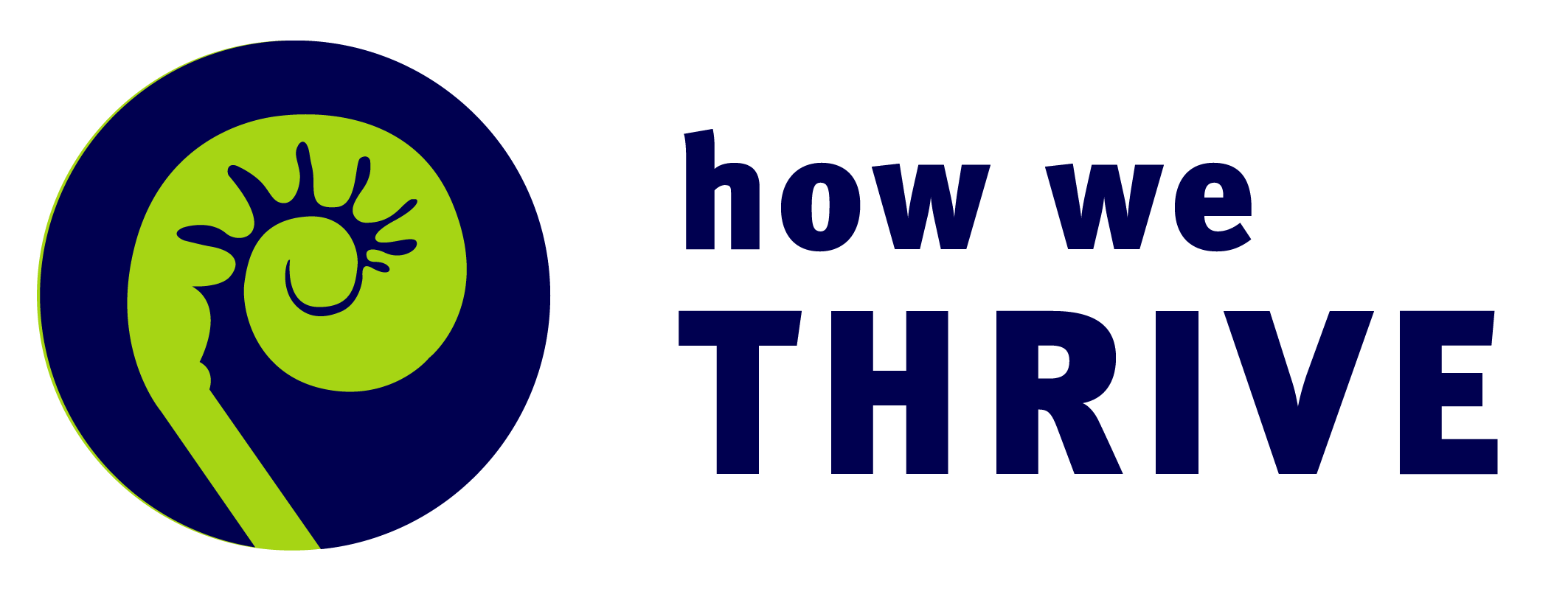Decolonizing Relations
Learning Circle hosted by Diane Obed
Weekly, March 2022
In this Learning Circle we learned ideas and practices for building stamina over the long haul of decolonization, both within ourselves and in our work. In an online small circle format, we explored what it means to decolonize ourselves in deeper ways by asking critical questions that relate to our inner lives, especially in the realms of emotionality and spirituality.
This Circle was for anyone living in Mi’kma’ki interested in deepening their understanding and praxis of a life-long practice of decolonization. Group size: max 25.
About the host
Diane Obed is an Inuk graduate student from Nunatsiavut (Labrador), currently living in Waqmiaq, where the fresh water flows, near the Sipekne'katik river. Diane has been engaging in decolonial studies, professionally and personally for more than a decade and continues to explore decolonization in her graduate work. Diane is especially interested in exploring what it means to be a responsible treaty person as a non-Mi'kmaw person in Mi'kma'ki, as well as what it means to be a good relative to both human and more-than-human beings.
About the workbook
We will read parts of the freely available workbook Developing Stamina for Decolonizing Higher Education: A Workbook for Non-Indigenous People (2021), co-authored by a collective if Indigenous and non-Indigenous artists, academics and community folks based in Canada. While this workbook is written for the context of higher education, it is relevant for any and everyone. The authors explain:
In encouraging decolonization work, we emphasize the direction, rather than the destination, of decolonization efforts; the movements that are enabled by those efforts, rather than by the fixed form they take; and the quality and integrity of relationships that those efforts enable, rather than the quantity.
There is no universal formula or blueprint for the practice of decolonization, as it always depends on what is and is not intelligible, contextually relevant and viable in a particular space. However, we suggest that the underlying orientation should always be toward deepening responsibility, and interrupting and reducing harm (Stein et al., 2021, p. 16).

